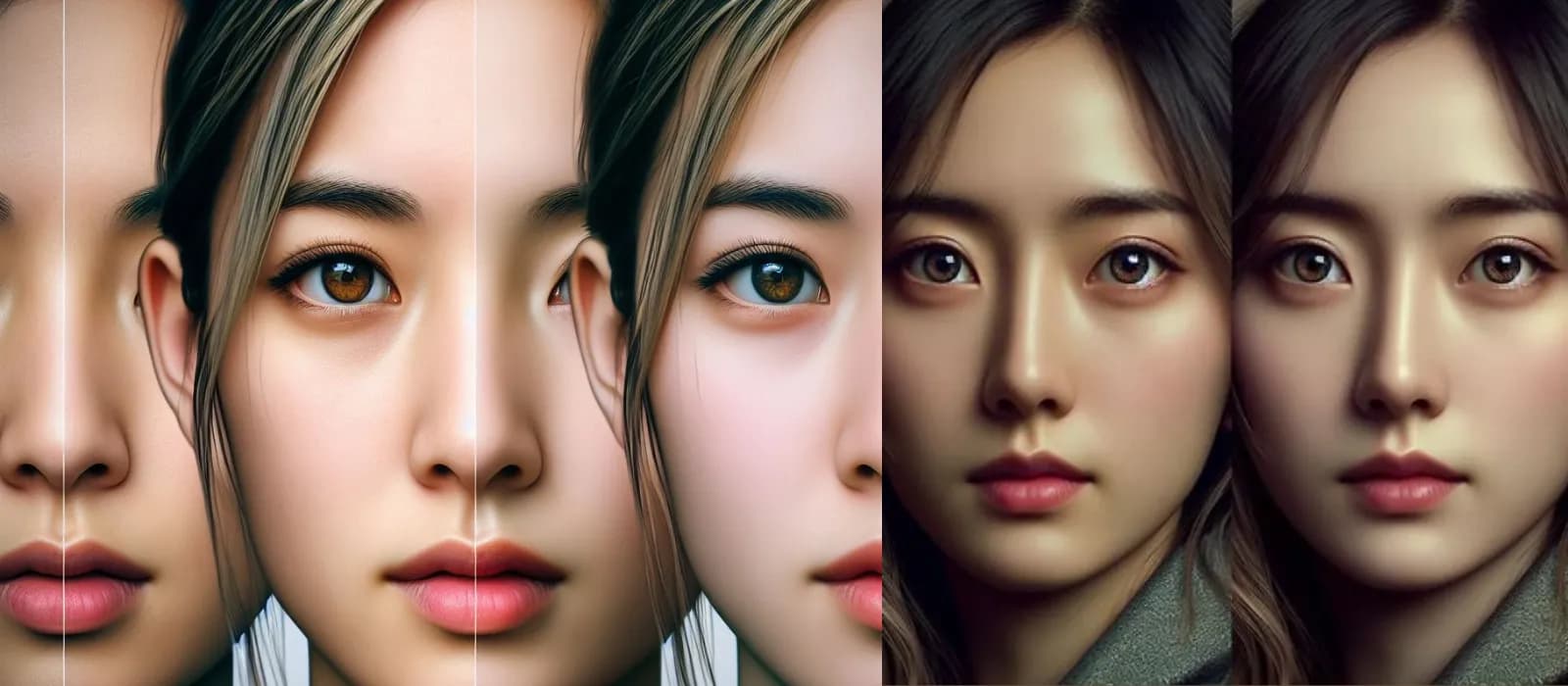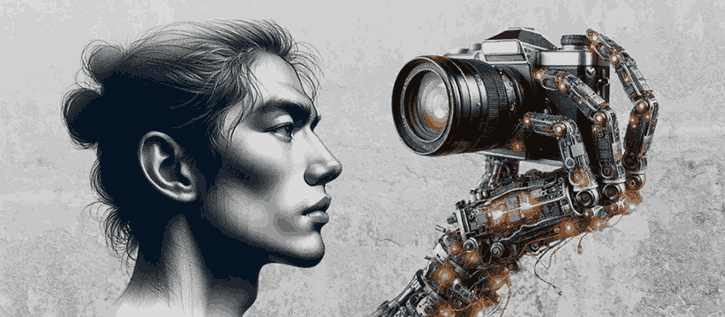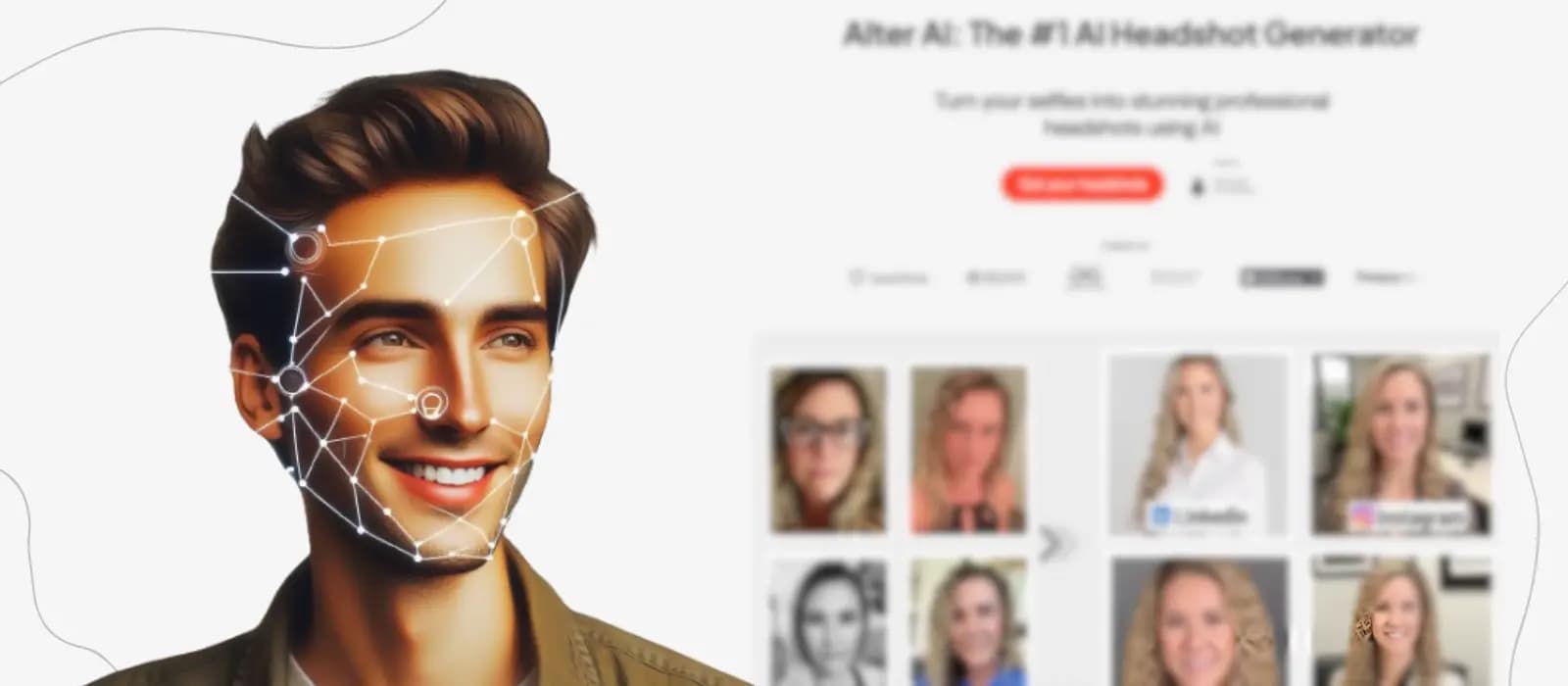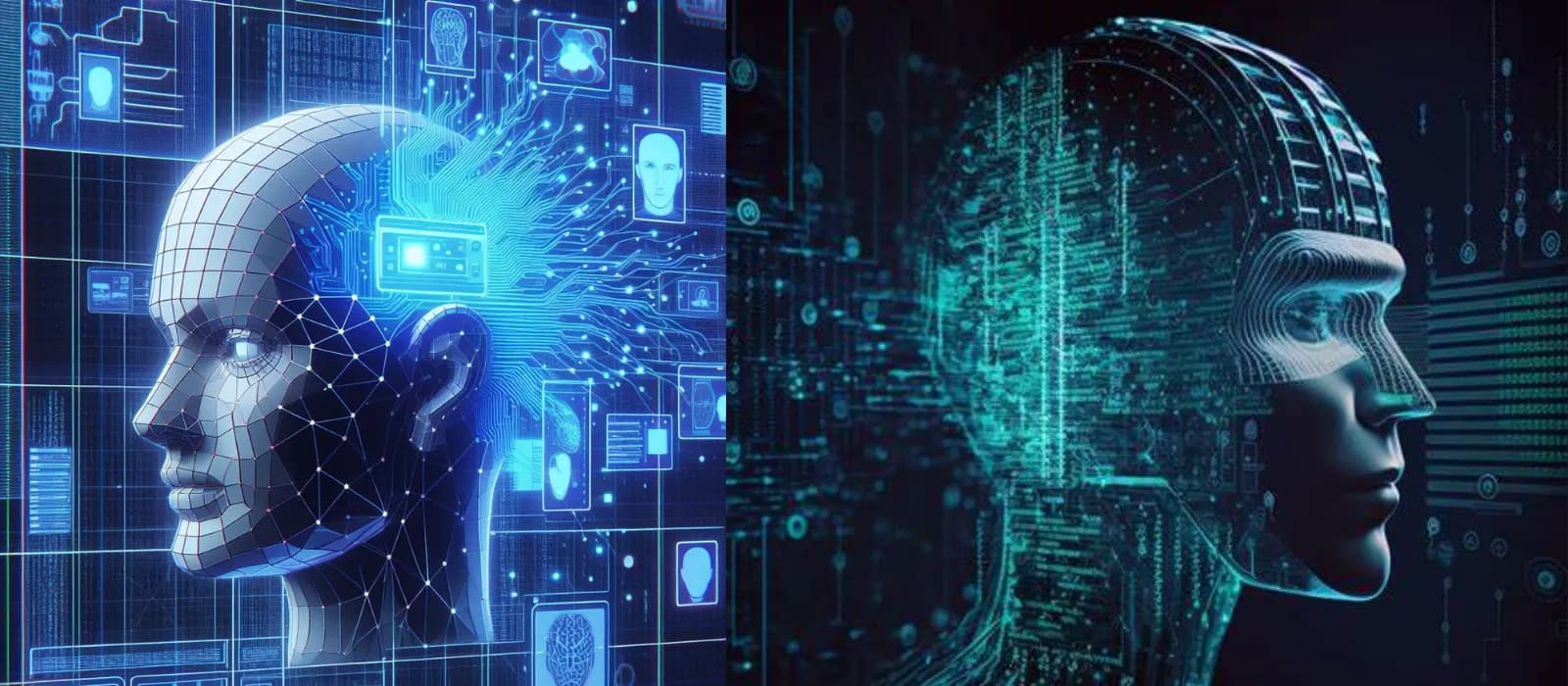Artificial Intelligence (AI) has emerged as a transformative force in the field of photography, reshaping how images are captured, edited, and shared. As AI technologies continue to evolve, they bring about both opportunities and challenges that warrant exploration. This article delves into the social impact of AI on photography, highlighting its implications for creators, consumers, and society at large.
Key Highlights:
Democratization: AI makes photography accessible to all, fostering creativity.
Bias Awareness: Addressing biases crucial for inclusive representation.
Workflow Transformation: AI streamlines tasks but raises concerns about job displacement.
Future Prospects: AI revolutionizes image capture, offering innovative possibilities.
Ethical Considerations: Transparency and consent vital in navigating AI's impact.
Empowering Creativity and Accessibility
One of the most notable impacts of AI in photography is its ability to democratize the art form. AI-powered tools and applications have made photography more accessible to a broader audience, empowering individuals of all skill levels to create compelling images. Features like automatic image enhancement, intelligent composition suggestions, and smart filters enable users to produce professional-quality photographs with ease. This accessibility fosters creativity and encourages diverse perspectives within the photography community.

However, while AI tools lower the barrier to entry for aspiring photographers, they also raise questions about originality and artistic expression. As more photographers rely on AI-driven enhancements, there is a risk of homogenization in visual styles and a loss of authenticity in photographic work.
Addressing Bias and Representation
AI algorithms are trained on vast datasets of images, which may inadvertently perpetuate stereotypes or reinforce existing biases present in society. For example, facial recognition systems powered by AI have been criticized for exhibiting racial and gender biases, leading to inaccurate or discriminatory outcomes.

In photography, AI-driven image recognition and tagging systems may inadvertently perpetuate stereotypes or overlook marginalized communities. It is imperative for developers and photographers alike to actively address biases in AI algorithms and strive for more inclusive representation in visual media.
Transforming Workflows and Employment Dynamics
AI technologies have also transformed workflows and employment dynamics within the photography industry. Automated editing tools and image processing algorithms streamline post-production tasks, saving time and resources for photographers and content creators. However, the increasing reliance on AI for editing and retouching raises concerns about job displacement and the future of professional photography.

For instance, headshot photography represents a unique niche within the expansive field, requiring a specialized skill set. In today's market, AI headshot generators present an enticing alternative, delivering impressive headshots at a more cost-effective rate than traditional, seasoned headshot photographers. This dynamic poses a dual scenario—it may potentially divert clientele from experienced headshot photographers, or conversely, it could serve as an innovative opportunity for these photographers to establish their own AI headshot generator.
As AI algorithms become more sophisticated, there is a growing debate about the role of human creativity and intuition in the photographic process. While AI can automate certain aspects of photography, it cannot replicate the depth of human emotion or the subjective interpretation of visual storytelling.
Future of Photography with AI
The future of photography is being reshaped by the transformative power of AI. With advancements in artificial intelligence, photographers are witnessing a paradigm shift in how images are captured, processed, and enhanced. AI algorithms are revolutionizing tasks such as image recognition, scene analysis, and even composition, enabling photographers to achieve unparalleled levels of precision and creativity.

From automated editing tools that streamline post-processing workflows to AI-powered cameras capable of capturing breathtaking shots in any lighting condition, the integration of AI is redefining the possibilities of photography. Moreover, AI-driven technologies are democratizing access to photography, empowering enthusiasts and professionals alike to unleash their creativity without the need for extensive technical expertise. As AI continues to evolve, the future of photography holds boundless opportunities for innovation, creativity, and exploration.
Ethical and Privacy Considerations
As AI transforms photography, ethical and privacy considerations loom large. Transparent communication and explicit consent are essential to respect subjects' rights. Safeguarding privacy demands robust measures against unauthorized access and misuse of personal data. Addressing algorithmic bias is crucial to prevent perpetuating stereotypes. Striking a balance between innovation and ethical responsibility is key to ensuring the integrity and inclusivity of AI-driven imaging technologies.
Conclusion
The social impact of AI on photography is multifaceted, encompassing issues of accessibility, bias, representation, and employment. As AI technologies continue to evolve, it is essential for photographers, technologists, and policymakers to engage in thoughtful dialogue and ethical considerations. By embracing a human-centered approach to AI in photography, we can harness its potential to amplify creativity, promote inclusivity, and enrich visual storytelling for generations to come.
Frequently Asked Questions
1. How does AI impact accessibility in photography?
AI tools democratize photography by making it more accessible to a broader audience, enabling users of all skill levels to create professional-quality images effortlessly.
2. What are the ethical considerations associated with AI in photography?
Ethical considerations include transparency, consent, privacy protection, and addressing algorithmic bias to ensure fair and inclusive representation in visual media.Ethical considerations include transparency, consent, privacy protection, and addressing algorithmic bias to ensure fair and inclusive representation in visual media.
3. How does AI transform workflows in photography?
AI streamlines post-production tasks, such as editing and retouching, saving photographers time and resources while raising concerns about job displacement and the future of professional photography.
4. What is the future of photography with AI?
AI-driven advancements revolutionize tasks like image recognition, scene analysis, and composition, offering unprecedented levels of precision and creativity in photography.
5. How can photographers balance innovation and ethical responsibility in AI-driven imaging technologies?
By adopting a human-centered approach, photographers can harness AI's potential to amplify creativity, promote inclusivity, and enrich visual storytelling while upholding ethical standards and respecting subjects' rights.





